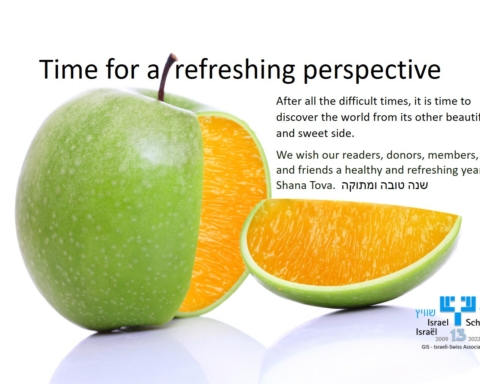With over two million Israelis living beneath the poverty line, and just about a third of the country’s food being thrown into the trash, there is one major issue blocking the creation of a sustainable solution – the legal system. For restaurants, event halls, hotels and other food institutions, who could potentially donate unused food to those in need, instead throw away 20% of their items due to the legal liability of donation.

According to current Israeli law, food manufacturers are legally responsible if donated food causes health risks or harm to those who receive it. Israel has strict laws in terms of the storing and transporting food. Institutions like hotels and restaurants can be legally harmed or sued, and therefore, it is not worth it for a business to place themselves at risk. About 19.5 billion dollars in food is thrown away annually, creating a large gap on many levels, from food waste to financial waste.
A new bill is currently being explored in the hopes of solving this problem. Initiated by Leket Israel, an Israeli non-profit which collects and donates leftover food to people in need, they are working with the Ministry of Health to introduce a new bill which would allow food manufacturers to bypass the strict legalities steering business owners away from donation. The bill states that good faith donations will no longer be a criminal or legal liability. While the government is concerned with negligence and serving unkempt food, perhaps they realize that the benefits outweigh the risks.
If the bill passes, it relieves business owners of legal risk and allows them to donate to those who truly need it. It’s a win on all levels, from a sustainable, economic and philanthropic standpoint.








